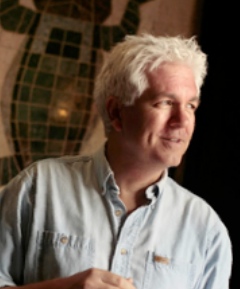 Have you ever wondered why some nations are rich and others are impoverished? This dilemma has posed challenges for years, leading to hundreds of studies and scores of books.
Have you ever wondered why some nations are rich and others are impoverished? This dilemma has posed challenges for years, leading to hundreds of studies and scores of books.
Various researchers have approached the problem in different ways. But four major causative factors have emerged over time. They are productivity and technology, institutions, natural resources, and personal freedoms.
Productivity, defined as output per man hour, is a crucial determinant of the wealth of a nation. Higher productivity means more can be produced by a given population.
Technology is the source of productivity. Technological advances make it possible to produce more with less. And societies that quickly adapt new technological breakthroughs tend to be more productive.
Institutions such as governmental systems also help explain the wealth gap. The institution of private property—critical to economic growth and development—protects the rights of property owners. In like manner, political stability is vital.
Government can also play a role by establishing the broad boundaries of competition. It must be willing to take action to prevent market failures such as unfair competitive practices and to provide essential public services.
Government, however, must not become overly involved in the activities of society. An overreaching and bureaucratic government can cause impoverishment among its citizens.
That all nations are not created equal in terms of natural resources explains why some nations are wealthier than others. An abundance of natural resources will not of itself cause a nation to be rich—witness the poor Latin American nations—but it will certainly increase the potential for economic growth. At the same time, a lack of natural resources does not automatically seal the fate of a nation.
In this arena, our nation is blessed. It has two vast coastlines, millions of acres of fertile soil, huge mineral deposits, vast forests, thousands of miles of navigable rivers, and a temperate climate
The final consideration is personal freedom, a vital component of the rich nation-poor nation equation. This refers not only to freedom of enterprise but also encompasses freedom of expression, freedom of the press, religious freedom, and political freedom. Freer nations have, over time, developed into wealthier nations. By promoting the capabilities of individuals, society is the ultimate beneficiary.
_____
Wayne Curtis, Ph.D., is a former superintendent of Alabama banks and Troy University business school dean. He is retired from the board of directors of First United Security Bank. Email him at wccurtis39@gmail.com.


